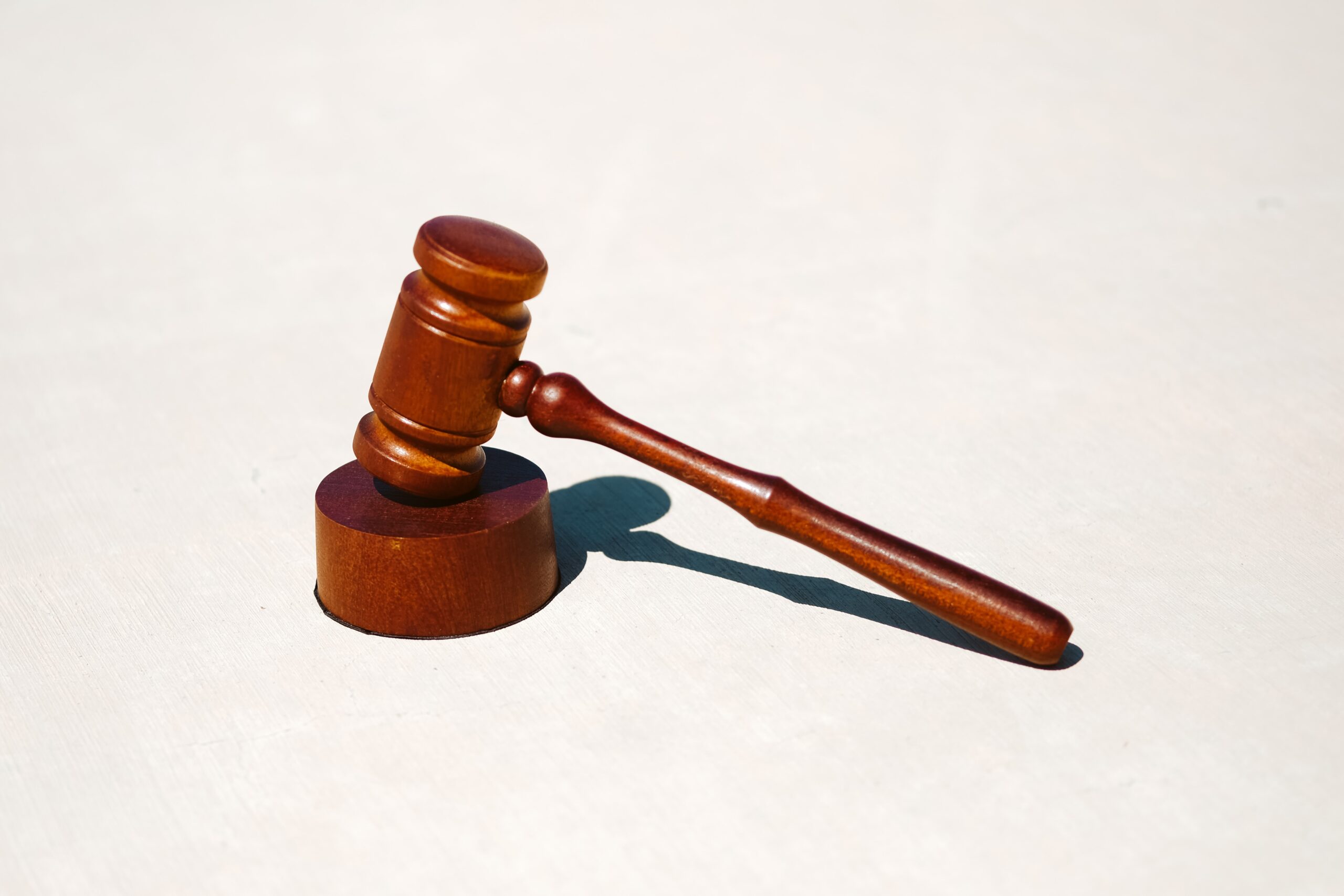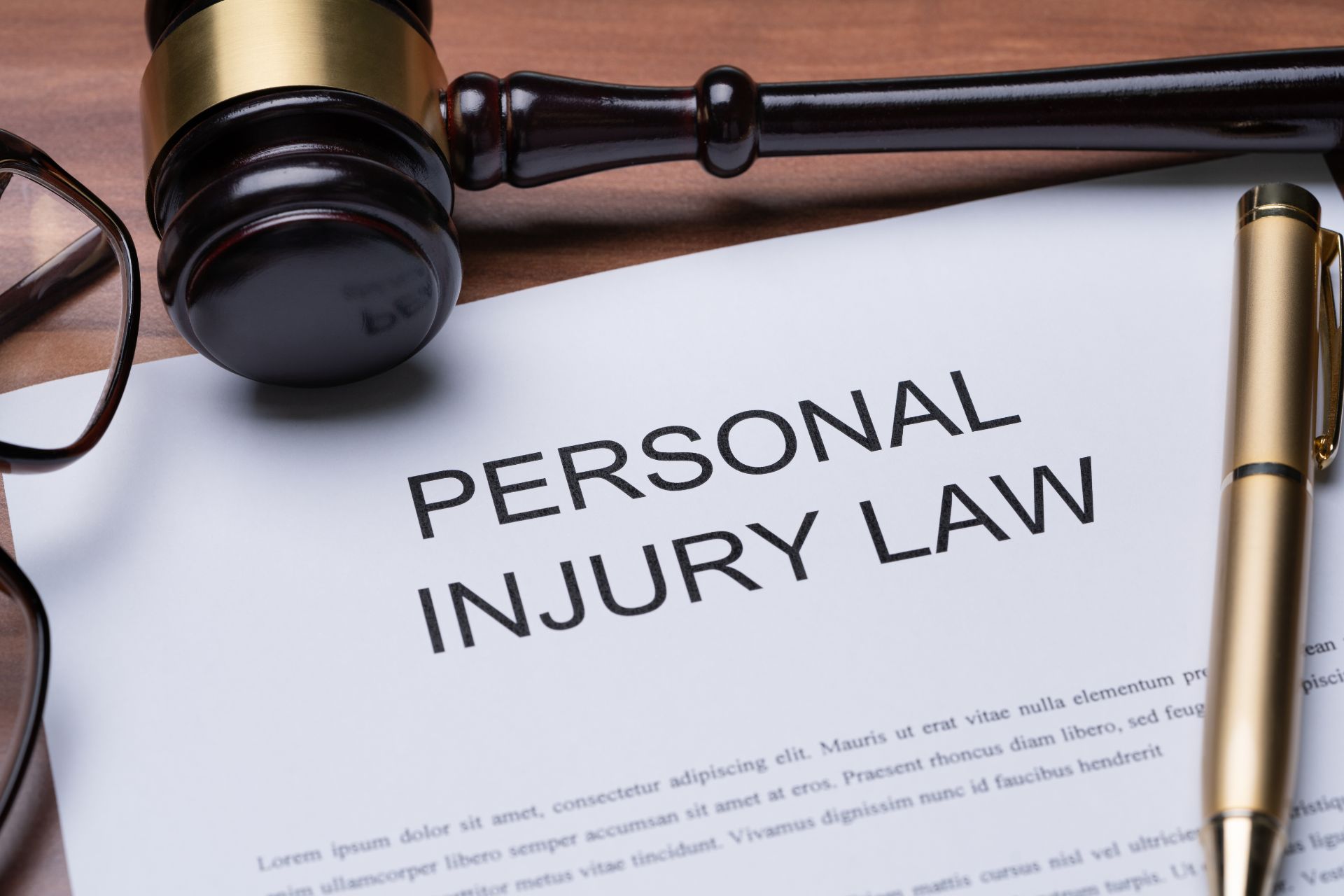Now Reading: Legal Steps to Defend Against False Accusations
-
01
Legal Steps to Defend Against False Accusations

Legal Steps to Defend Against False Accusations
An Oklahoma court recently exonerated and freed 70-year-old Glynn Simmons after he served 48 years for a crime he didn’t commit. The judgment has led to renewed attention on false accusations and their impact on those accused. While not all false accusations lead to convictions, those that do can be devastating for the accused.
In Minnesota, facing false accusations and relying solely on your truth isn’t enough. The court bases its decisions on evidence, not your claims. If the evidence implicates you, you may face serious consequences, even if you are innocent. It’s essential to seek legal representation from an experienced Minnesota criminal lawyer like attorney Omeed Berenjian to defend yourself effectively.
Situations That Could Lead To False Accusations
The following are some of the various situations in which you could fall prey to a false accusation:
Mistaken Identity
Mistaken identity occurs when an individual is mistakenly identified as a perpetrator in a criminal case by the victim or the police. Mistaken identities become more of a problem if you have a criminal history because the police and investigators will have a general bias against you.
Mistaken identity is closely related to misrecollection, which occurs when a victim forgets facts about the case and gives incorrect information to the police, leading to the wrong persons’ arrests. This is also pretty common among people who have a criminal history.
Misleading Forensic Evidence
Forensic evidence is the holy grail of criminal investigations and has, in the past years, helped solve cold cases after decades of justice delays. While effective, it can also lead to a false accusation, as the presence of DNA at the crime scene may not always be proof of wrongdoing. It could be a case of your DNA being somewhere at the wrong time. For example, if a hair strand falls at a place, that later becomes a crime scene.
Official Misconduct and Malicious False Accusation
The general bias against people with an extensive criminal rap sheet can have the police bring charges against an innocent person without sufficient investigation or merely out of prejudice. Such behavior constitutes official misconduct, and you may have a right to sue the police department.
Malicious false accusation occurs when a person falsely and knowingly accuses you of a crime you did not commit. Filing a false accusation is a criminal offense and can result in legal consequences, including serving time.
How to Handle False Accusations
Facing false accusations can be frustrating, but do not let the frustrations get the best of you. Not many people will buy your innocence story, and it’s no use trying to prove it, and you could end up making it worse. So, stay calm and trust your lawyer will do what’s best for you. Be cooperative with investigating officers if they come for you. But remember, anything you share with officers can be used against you in court, so after an arrest, invoke your right to silence and ask for a lawyer. This way, the police cannot ask you questions that can lead to self-incrimination, which makes a huge difference in the outcomes of your charges.
You will also need to gather as much evidence as you can. A lawyer also plays a critical role in evidence gathering so you can leverage their expertise to get quality evidence. Sometimes, you may have to take the rough road when all the odds are against you. For example, a criminal lawyer may be able to negotiate a deal that offers the best outcomes for you. While you may want to hold on to your innocence, sometimes taking the bullet can be your saving grace.
Conclusion
Defending against false accusations can seem overwhelming, but by following the right steps and seeking help from an experienced lawyer, you can maximize your chances of clearing your name. Make sure the lawyer you choose possesses the skills and experience needed to handle cases like yours and make an informed decision based on reviews from past clients.










